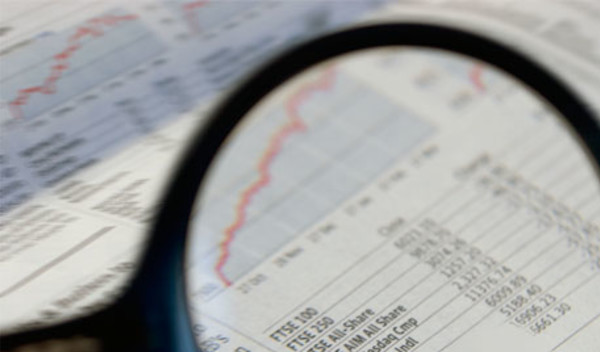

Russell Investments multi-asset manager David Vickers has said a lack of investment opportunities mean relative value positions represent the only solution in the current market.
Having used derivatives to reduce equity exposure during the market falls seen in the summer, Mr Vickers has been looking to reinvest but warned value has been hard to find.
He said: “We are trying to work out how we get money and there’s nothing that has an inkling of good value. There are just things that are cheap relative to something else.”
On a regional basis Mr Vickers remains positive about both Europe and Japan, where he believes fundamentals are improving.
He said: “In Europe the economic data is bad but getting better all the time. We are getting credit growth returning. Earnings in Japan are better and ultimately share prices will follow earnings growth.”
However, he is not convinced by other regions.
The manager said his fund was “very underweight” the US, explaining: “It’s a really expensive market with an economic cycle looking like it’s at the top end. You can’t see what the impetus is for more economic growth. Retail sales are weaker, we don’t expect a capex explosion and we have got the rate rise.”
He is similarly unimpressed by the UK, which he is worried could be dragged down by its exposure to commodities, and notes emerging markets are a “mixed bag”.
“The economic cycle in some of those countries is really bad. They are trying to price up their currencies which destroys their domestic economy,” he added.
In a year marked by volatility, the manager of the Russell Multi Asset Growth fund had previously used put options on S&P 500 constituents as “insurance” against a potential 10 per cent drawdown in the portfolio.
He said while performance was strong in the first half of 2015, in particular because of returns from Europe and Japan, caution led him to protect the fund using derivatives in July before selling out in late September.
Having seen returns of over 25 per cent from Japan and Europe early in the year and achieving full-year performance by the end of the summer, equity exposure was then reduced.
This was due to a lack of positivity in markets, according to Mr Vickers, coupled with significant macroeconomic wobbles.
He added: “We put a lot of the portfolio in insurance. We covered 10 per cent of our portfolio. We covered it for a 10 per cent drawdown.
“Then we were fortunate that we had that tiny devaluation of Chinese renminbi and people panicked. When markets fell to that extent our equity exposure fell to 36 per cent because the insurance started to kick in.”
The use of stop options also played out well after significant market falls, because the manager could sell these back to the market at a higher price.



